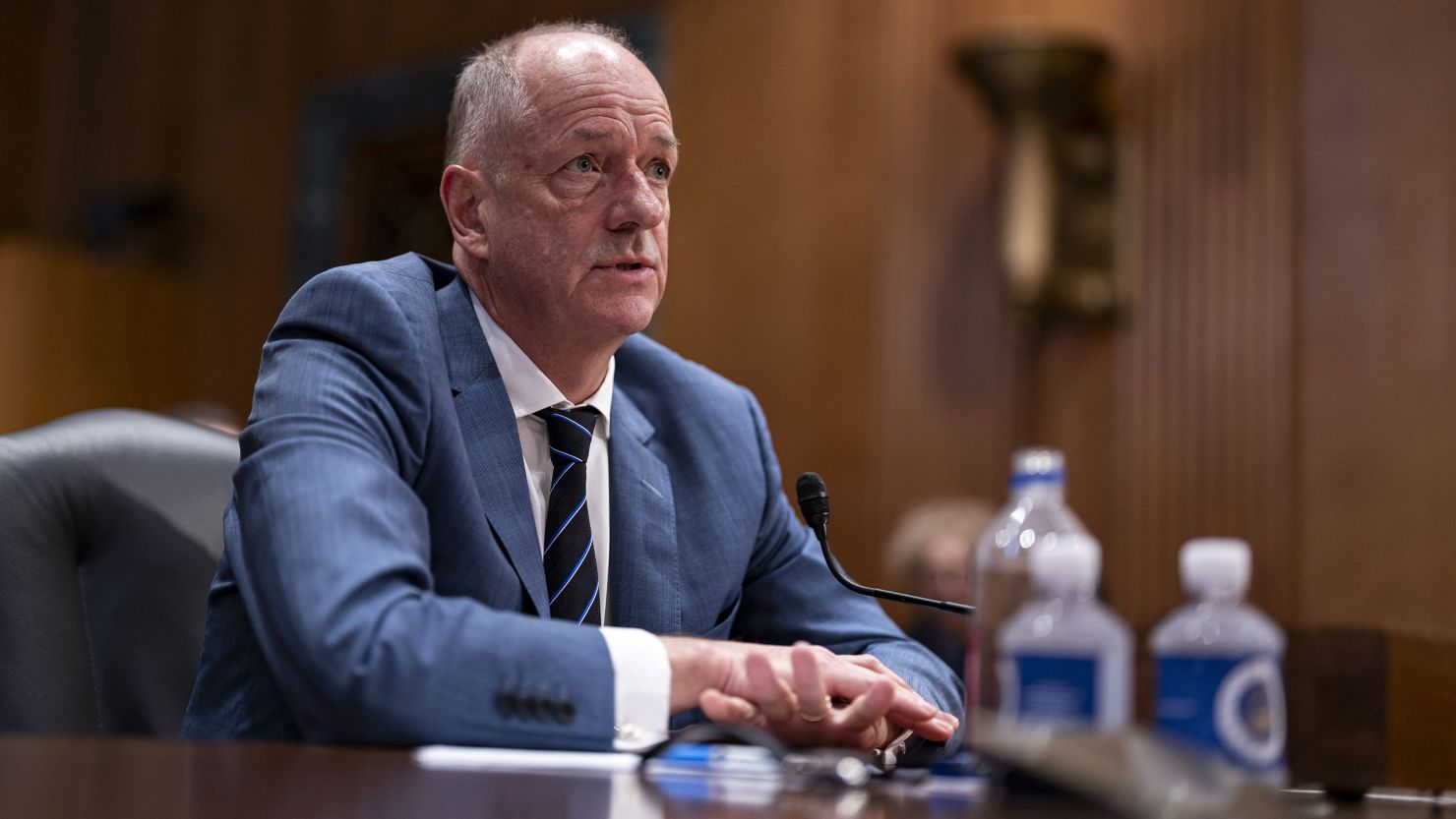Leadership Shake-Up at UnitedHealth
UnitedHealth Group announced on Tuesday the immediate resignation of CEO Andrew Witty, citing “personal reasons.” He has been replaced by Stephen J. Hemsley, the company’s former CEO and current chairman. A spokesperson for UnitedHealth declined to provide further comment.
Market Reaction to Executive Change
By late Tuesday morning, shares of UnitedHealth had fallen by more than 16%, reflecting investor concerns over the company’s deepening operational and financial troubles.
Ongoing Fallout from Major Cyberattack
The company, a global health care conglomerate, has recently faced significant challenges. UnitedHealth owns Change Healthcare, a key payments processor utilized by hospitals, physicians, and pharmacies. A major cyberattack last year severely disrupted the U.S. health care system, impacting an estimated 100 million individuals.
Tragic Killing of Health Insurance Executive
UnitedHealth also owns UnitedHealthcare, the largest health insurer in the United States. In December, the CEO of UnitedHealthcare, Brian Thompson, was fatally shot in Manhattan. The incident ignited widespread public outrage over rising health care costs and claim denials. The accused shooter, Luigi Mangione, who has pleaded not guilty to four federal charges and faces the death penalty, has become a polarizing figure. Some view him as a vigilante, and an online fundraiser for his legal defense has garnered over $1 million.
Public Backlash and Attempted Damage Control
Following the shooting, Witty sought to address growing dissatisfaction with the health care system. In a December op-ed published by The New York Times, he wrote, “We understand and share the desire to build a health care system that works better for everyone.”
Financial Pressure in the Medicare Advantage Sector
However, UnitedHealth’s deteriorating financial position appears to have played a central role in Witty’s departure. The company, along with other major health insurers, has been contending with increasing expenses related to the Medicare Advantage program, which enables private insurers to receive government payments to manage care for senior citizens. Although previously considered a profitable venture, the program has recently contributed to the ousting of multiple industry leaders. In October, CVS Health — a major competitor and the parent company of Aetna — also abruptly replaced its CEO, Karen Lynch.
Suspended Outlook Signals Growing Uncertainty
On Tuesday, UnitedHealth additionally announced the suspension of its financial outlook for 2025, attributing the decision to a rise in patient care activity. The company noted it is experiencing “higher than expected” medical expenses within its Medicare Advantage business.



